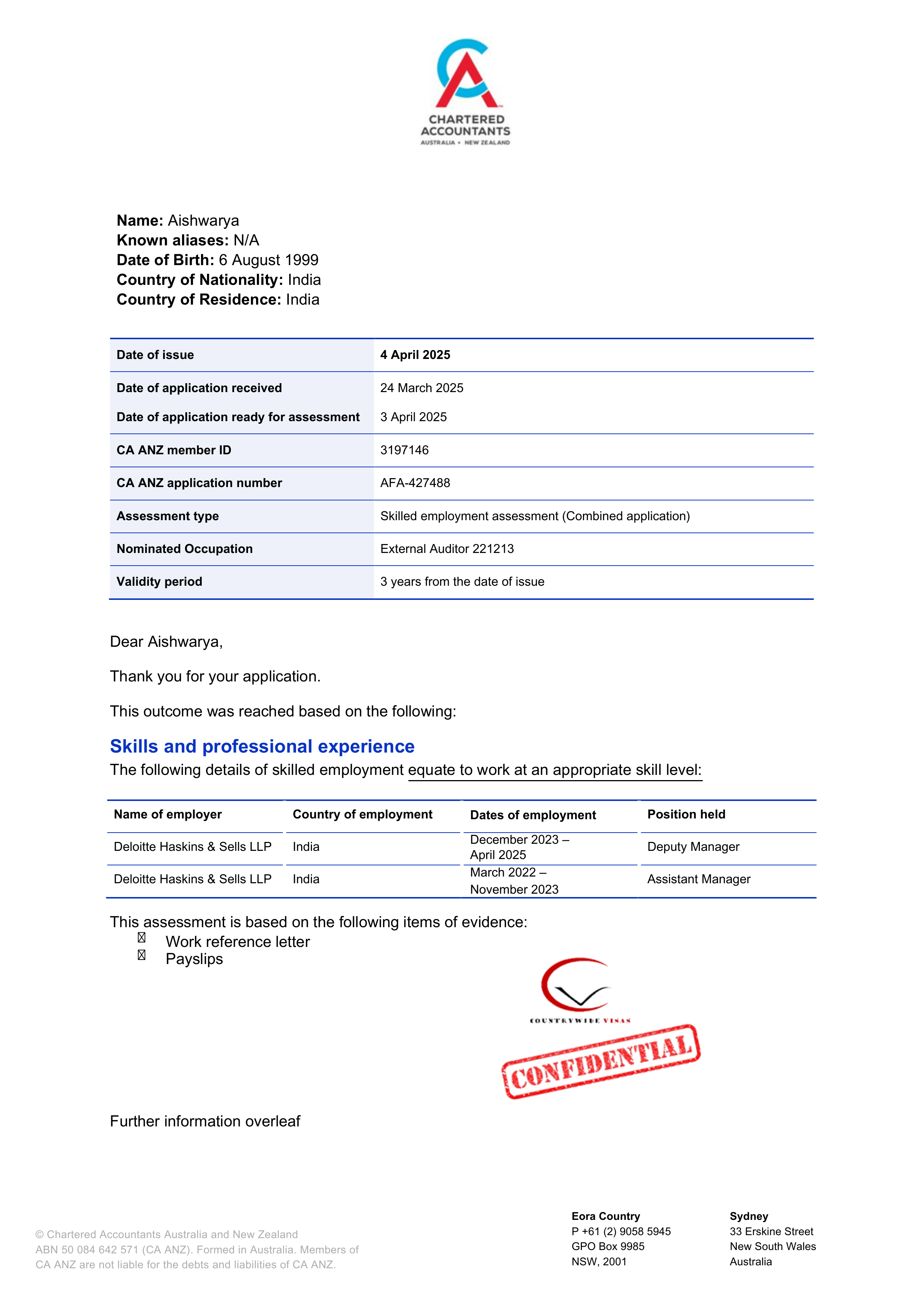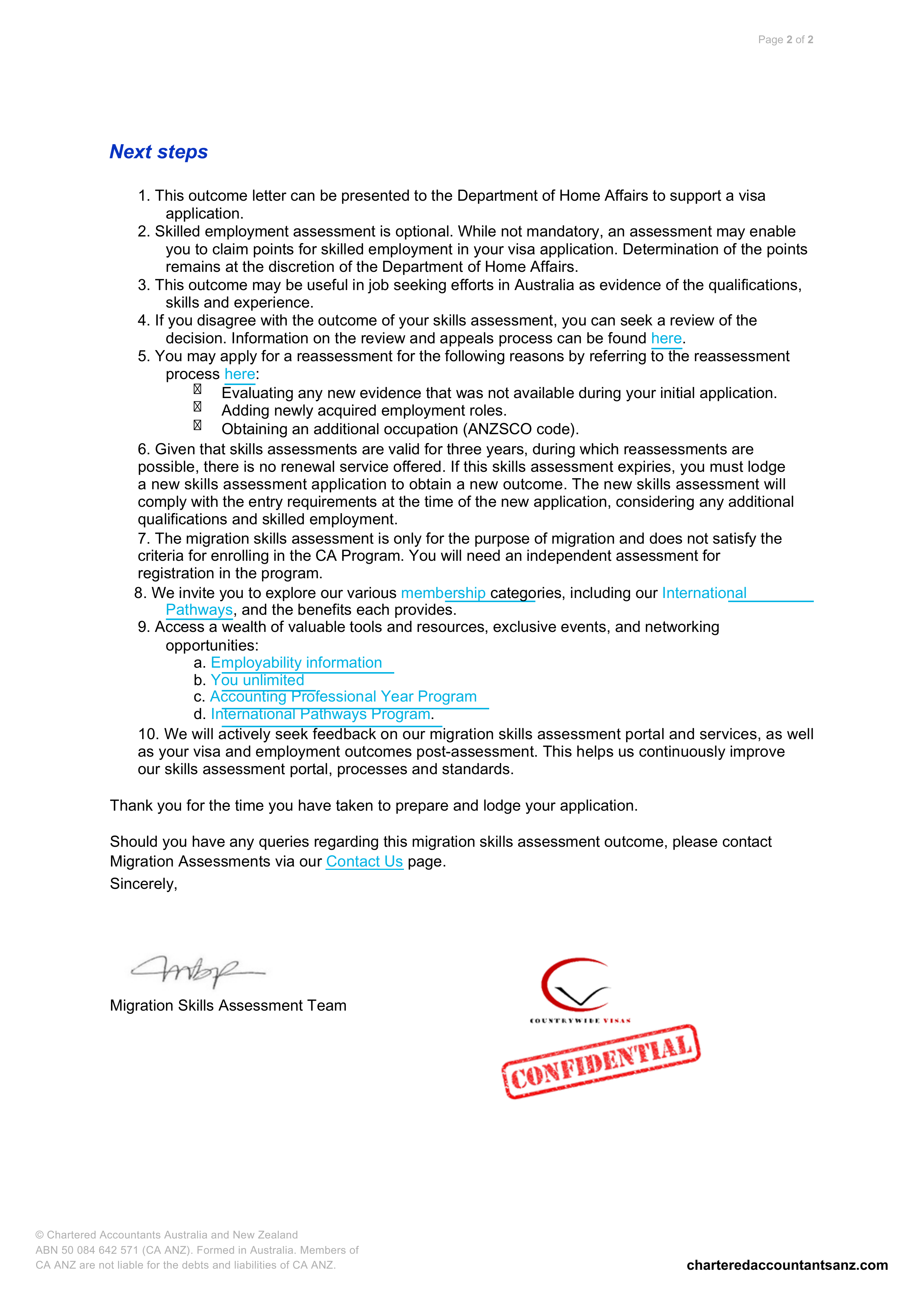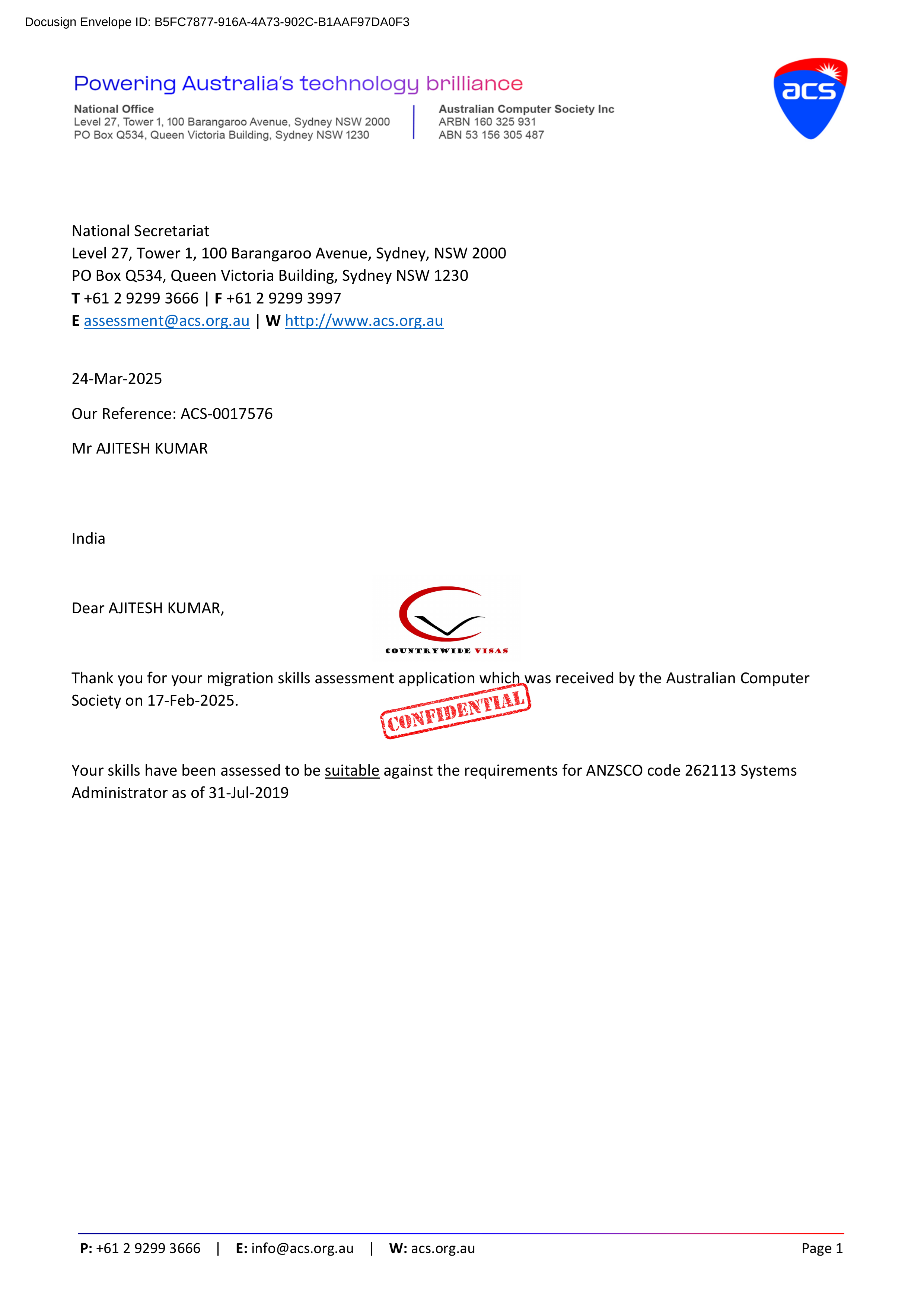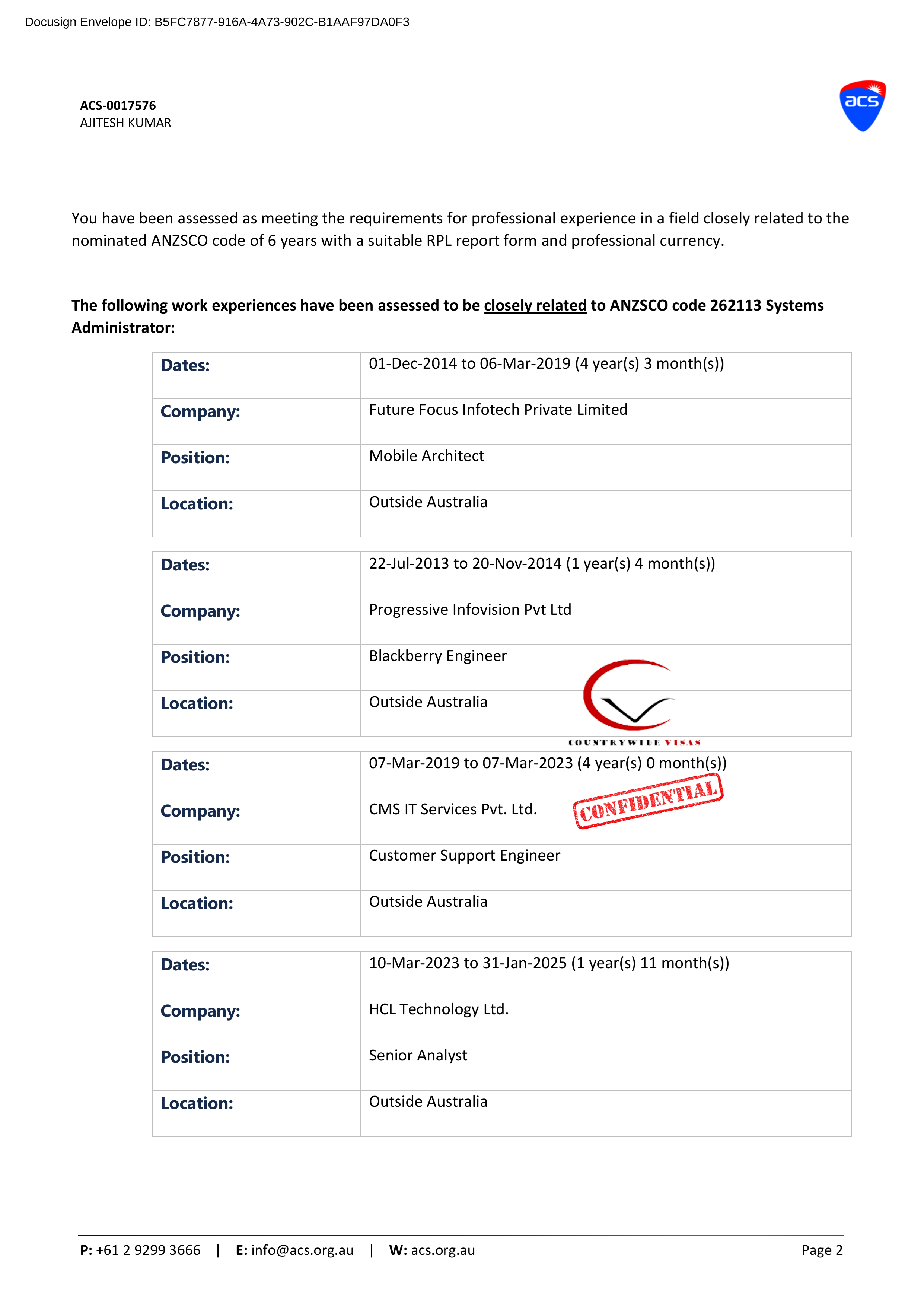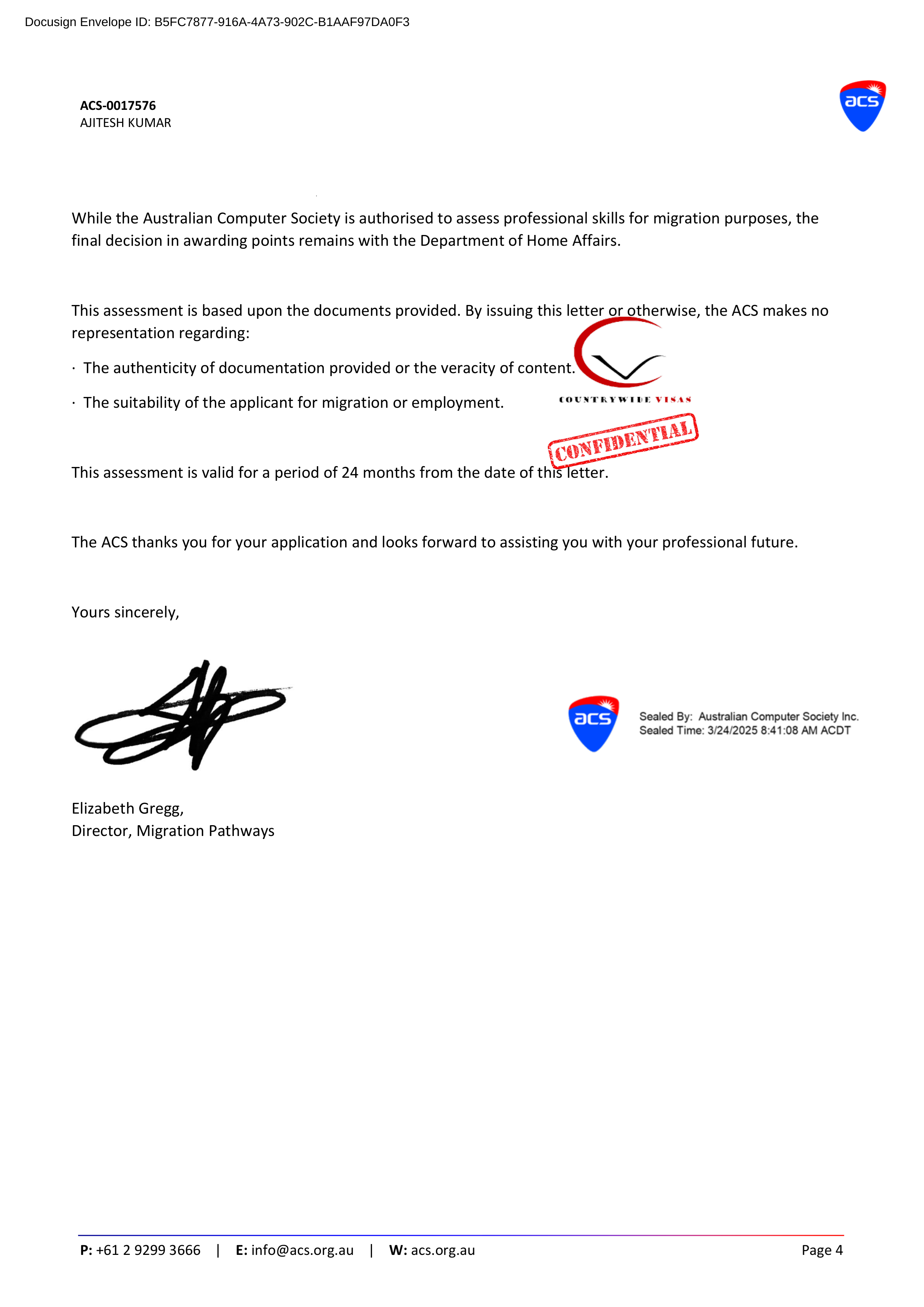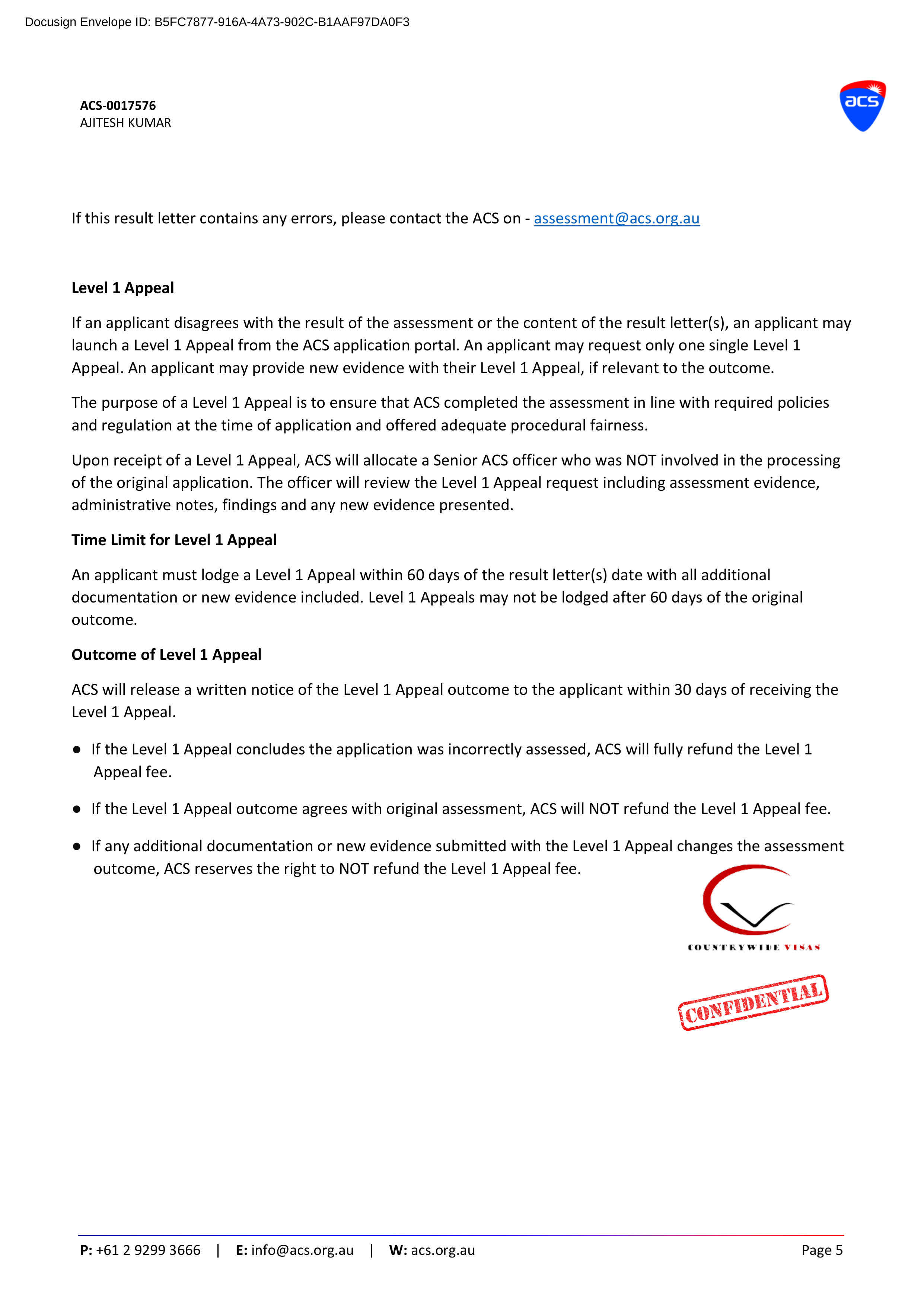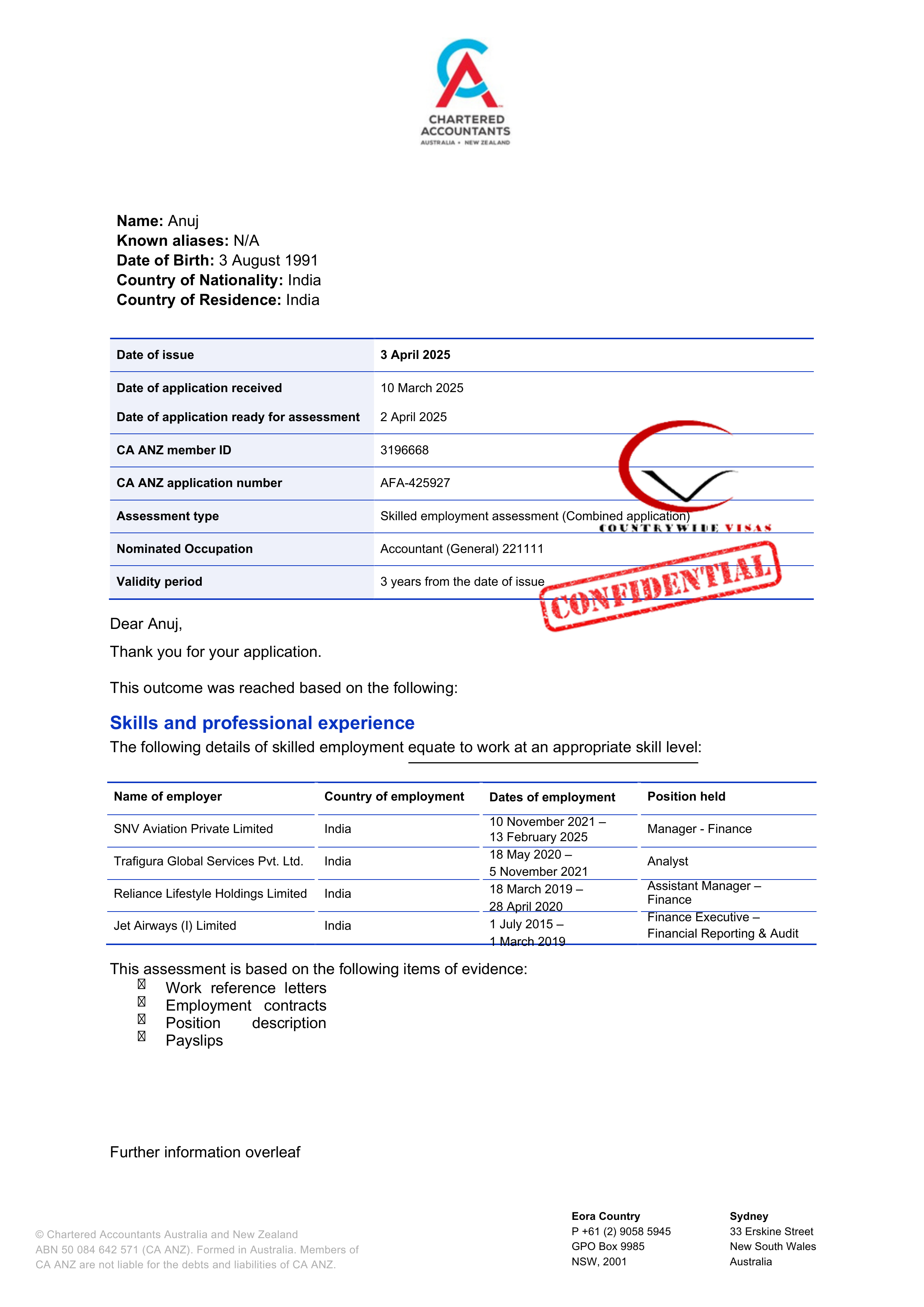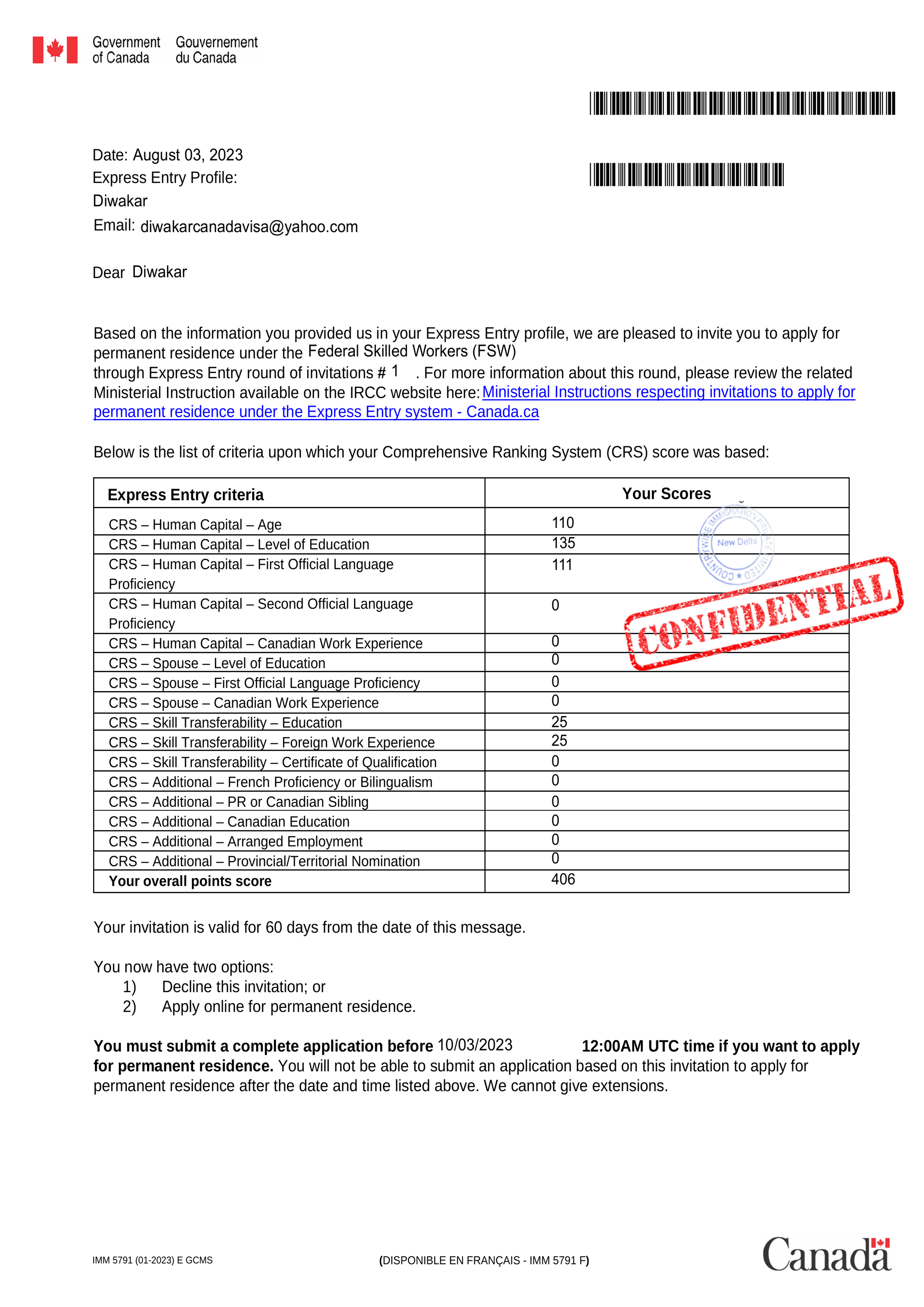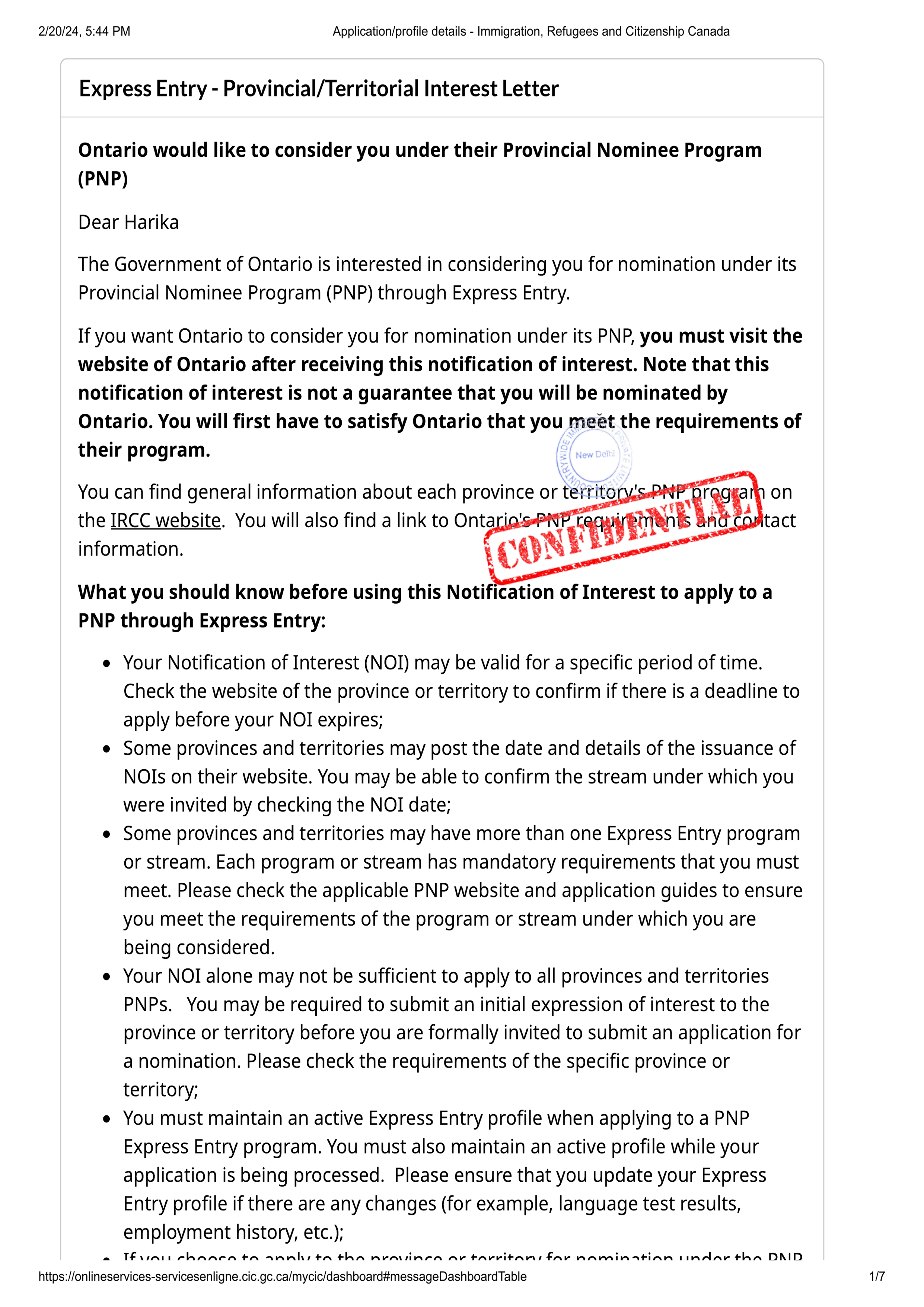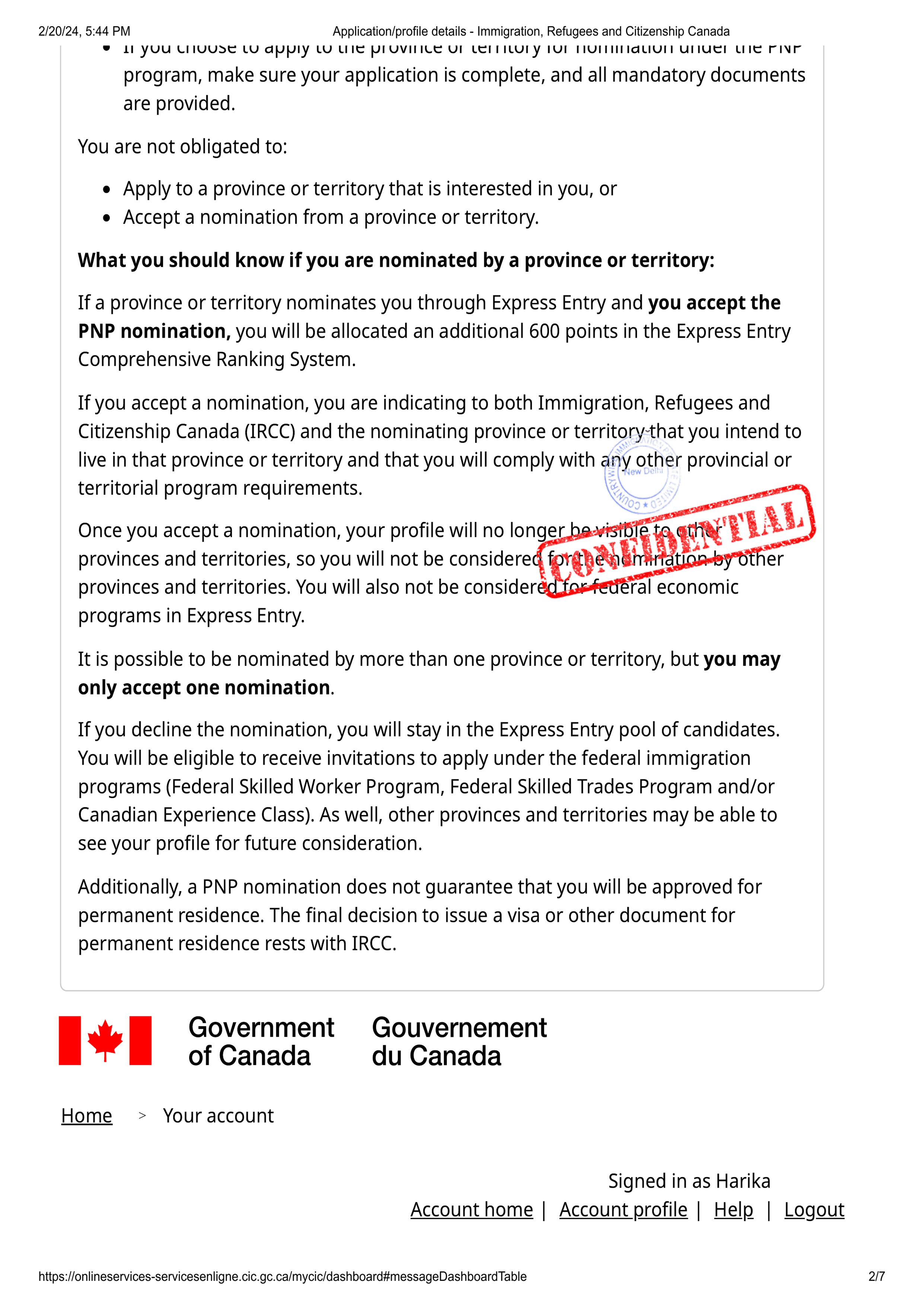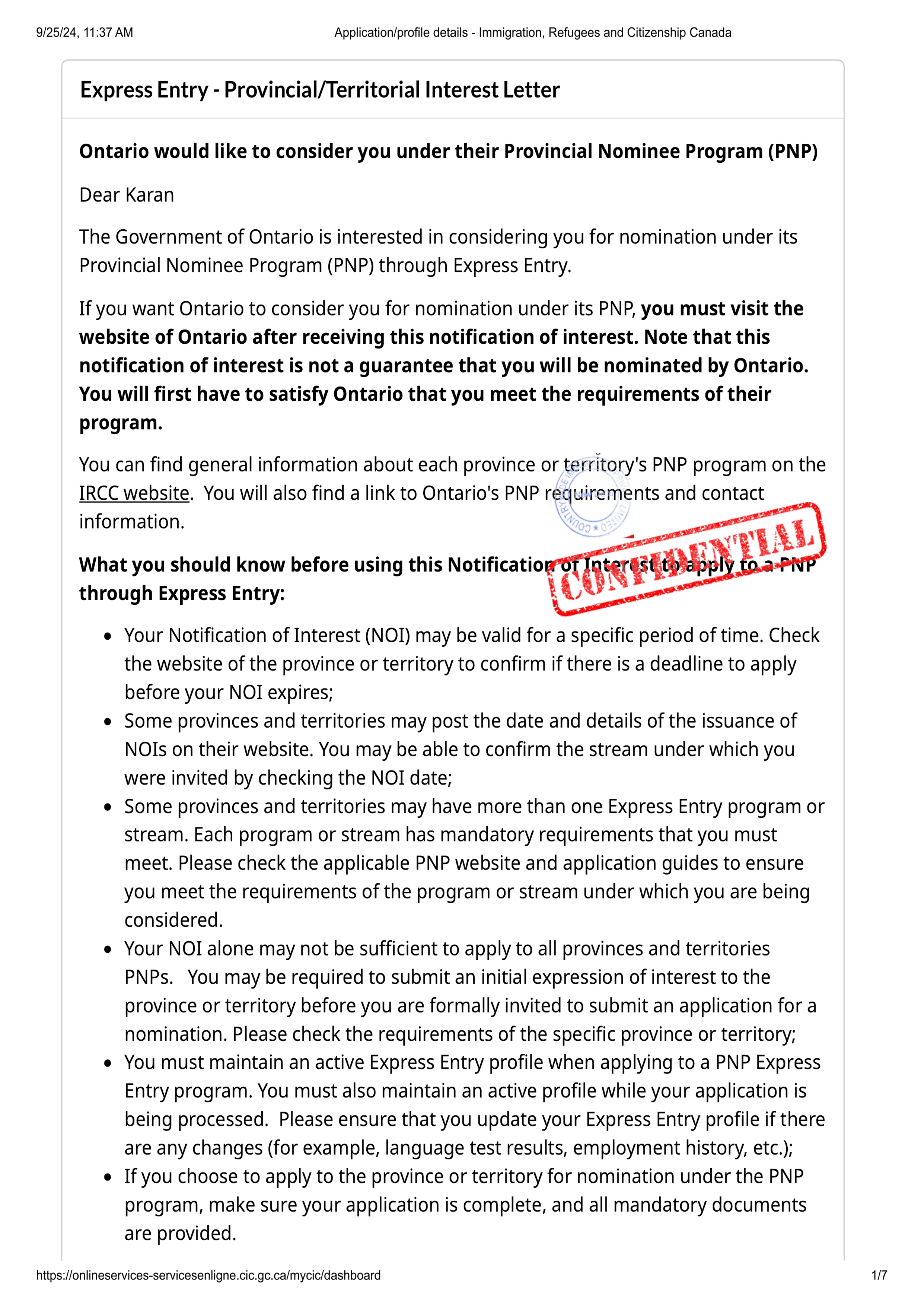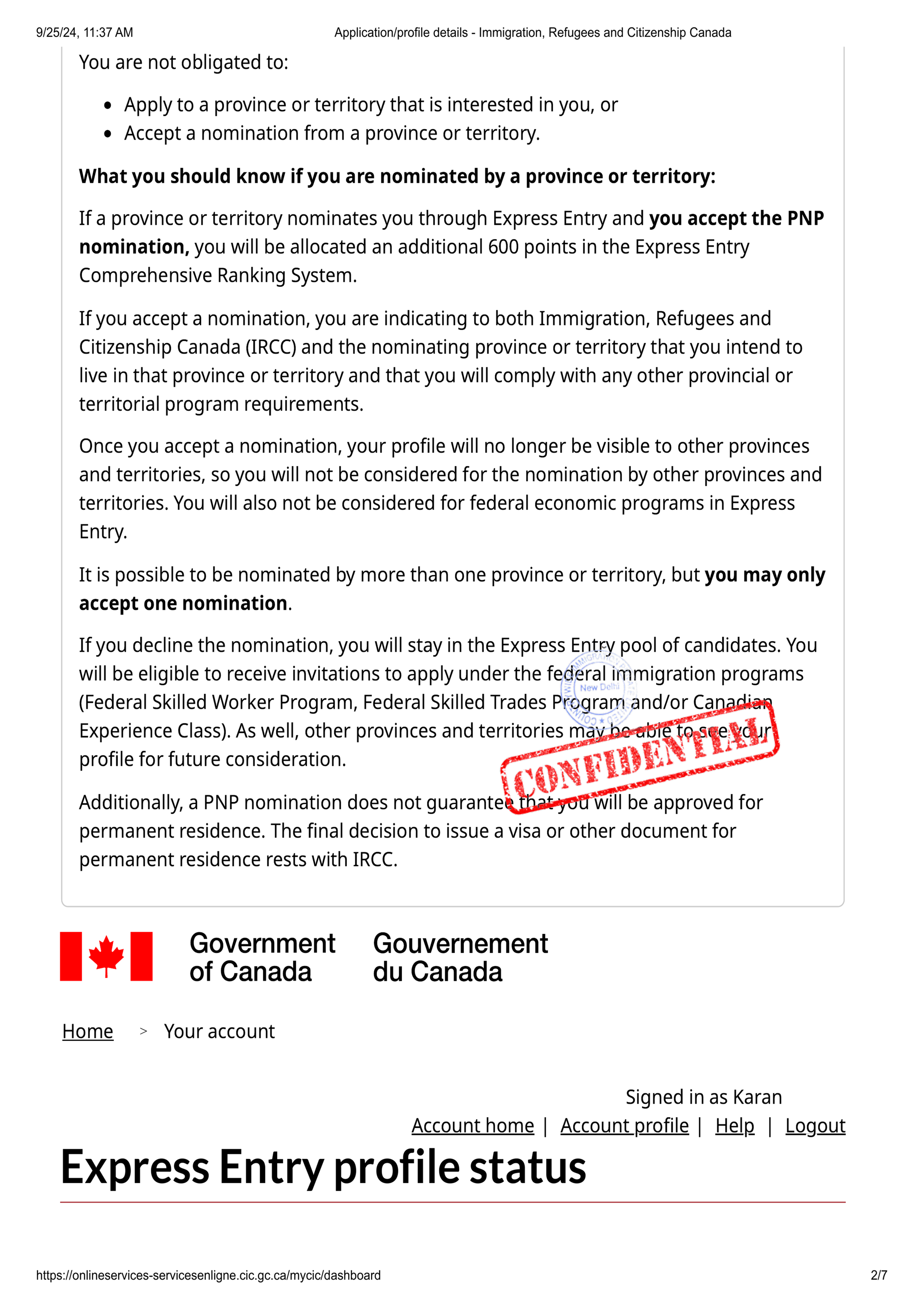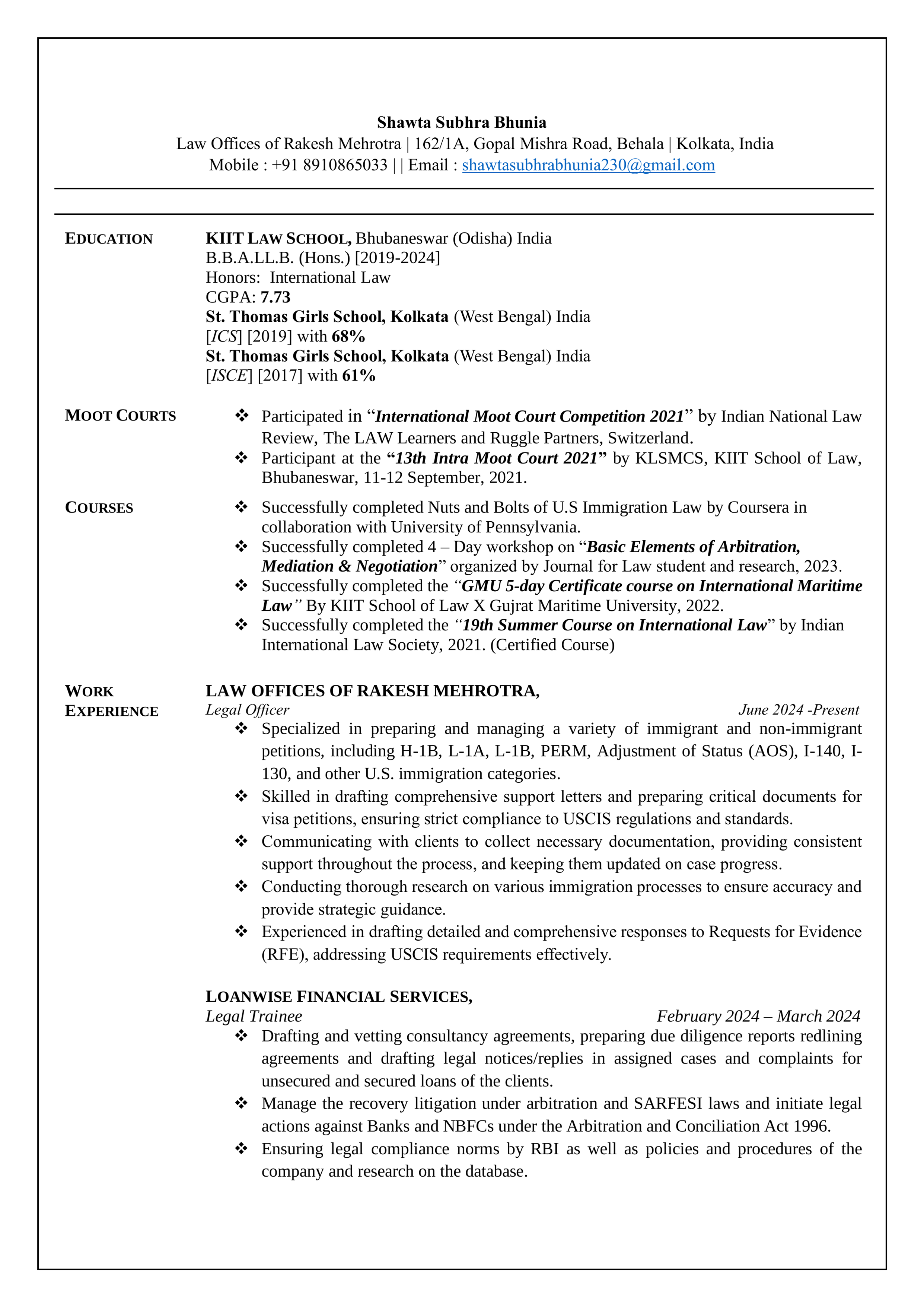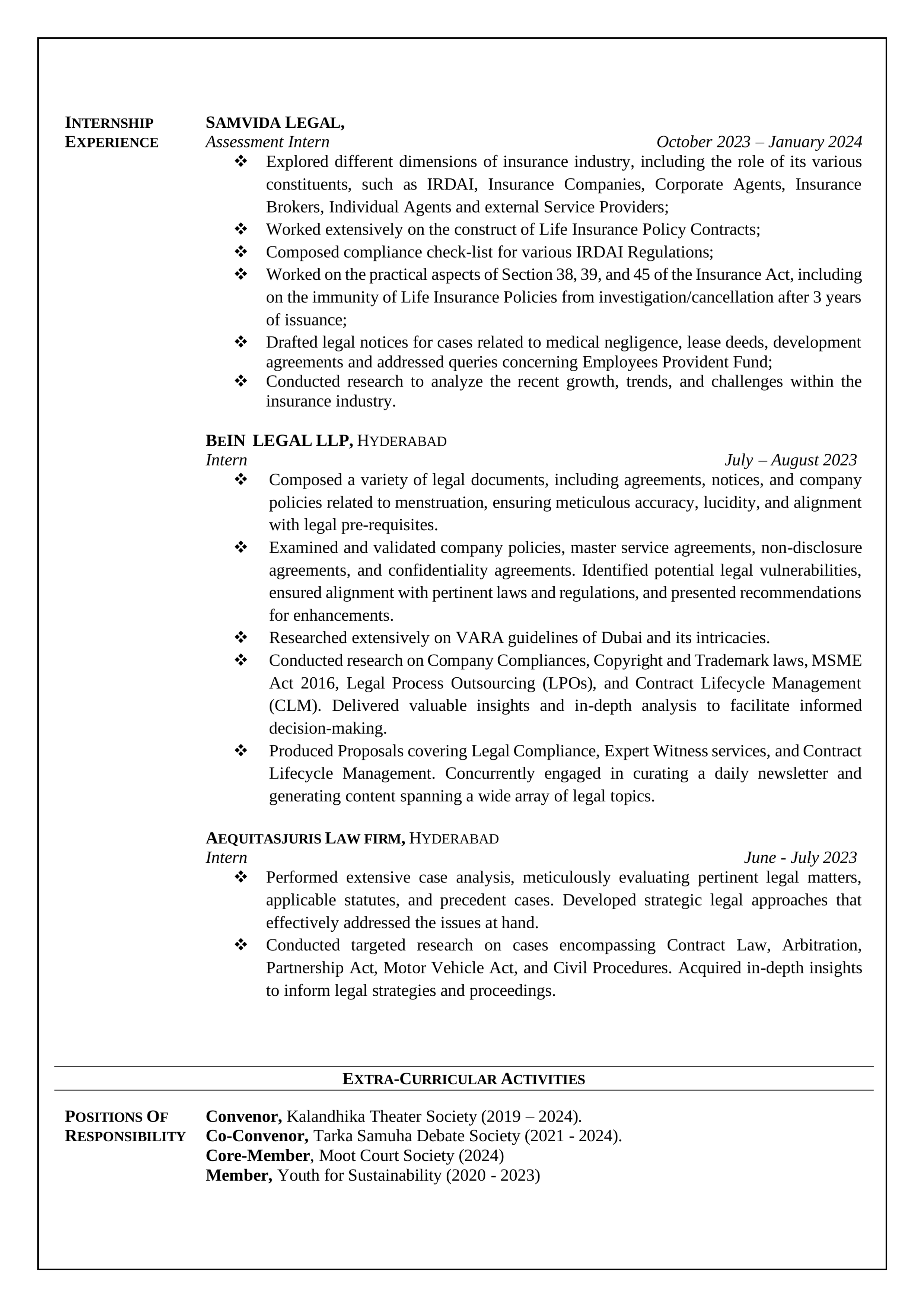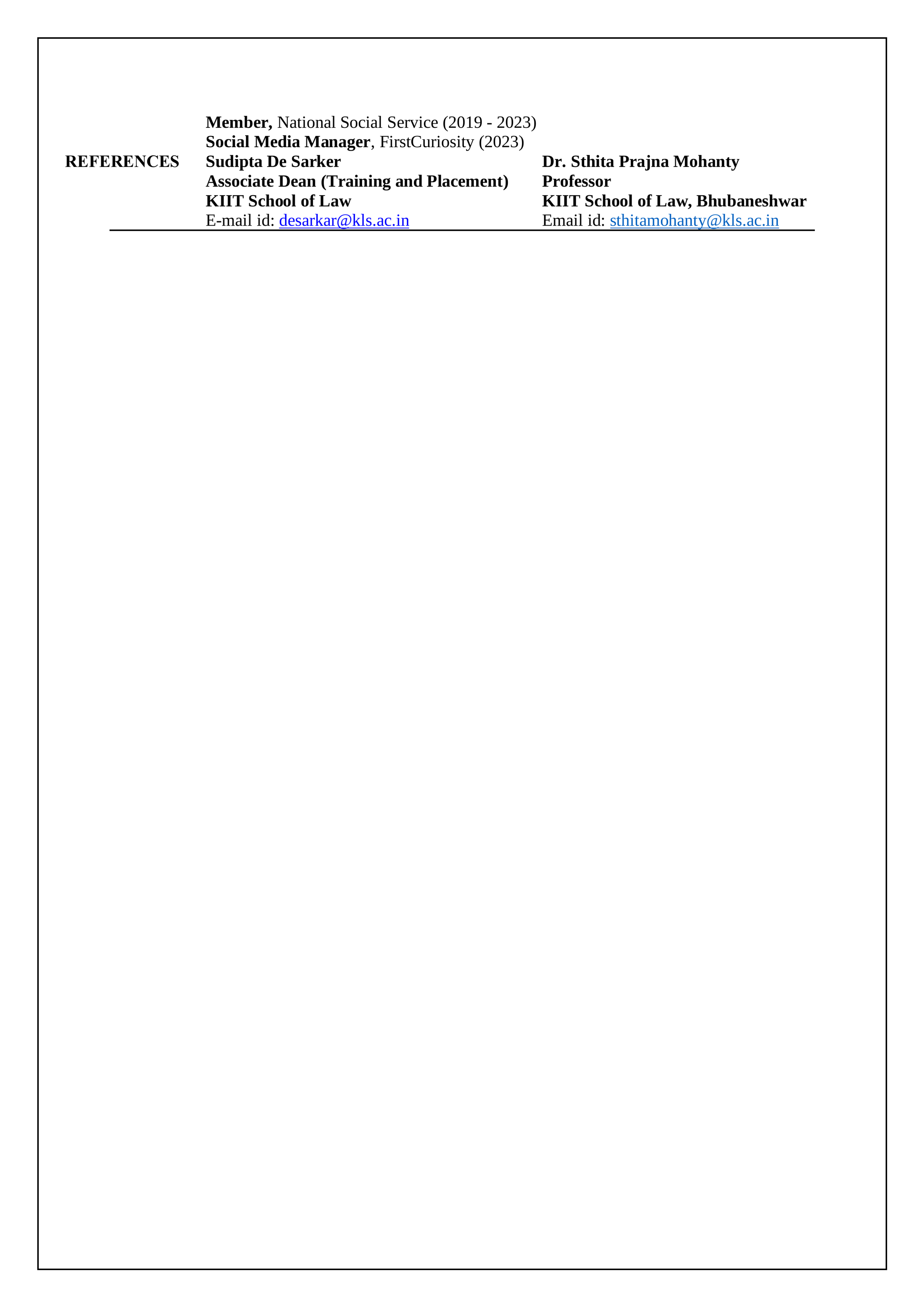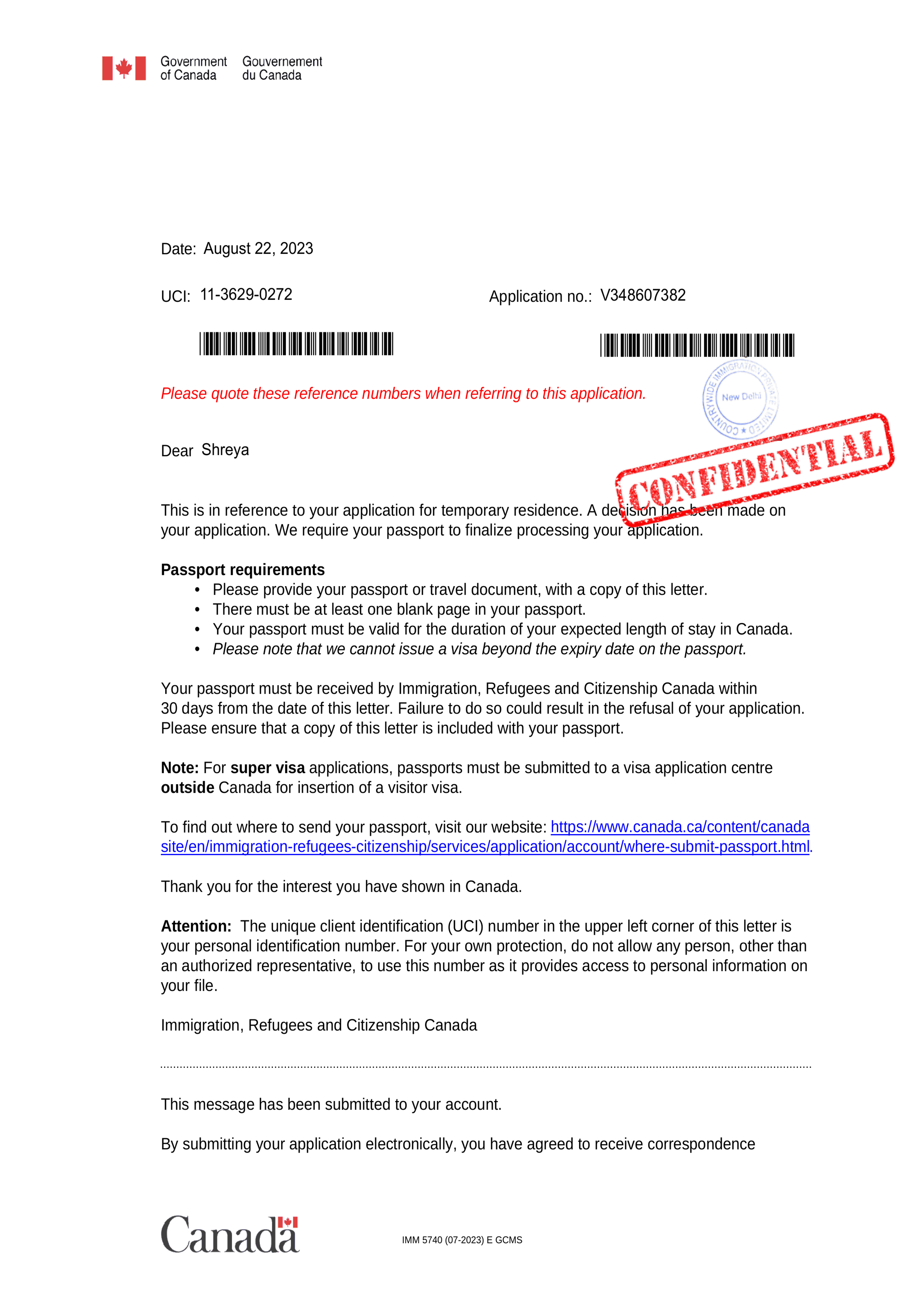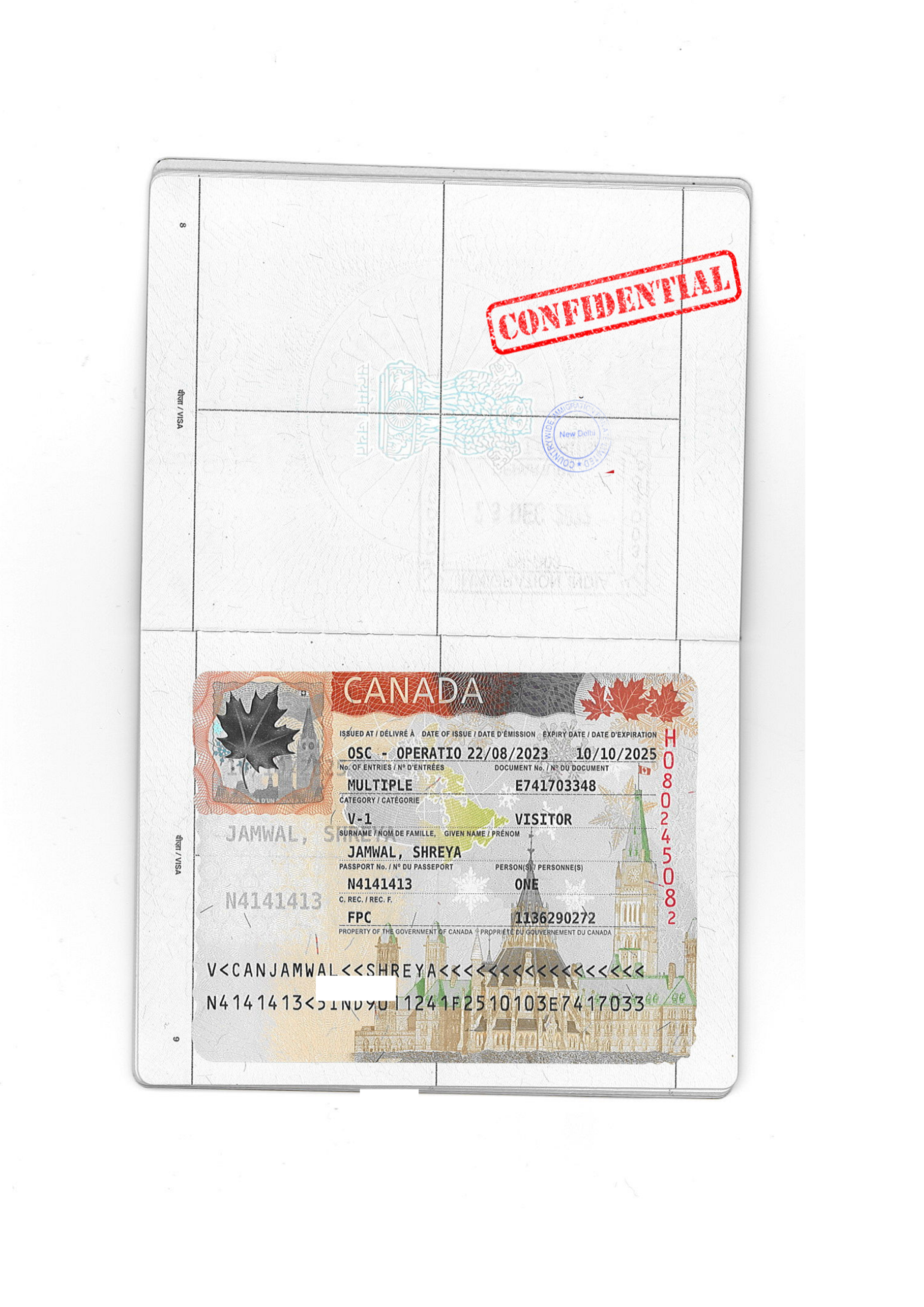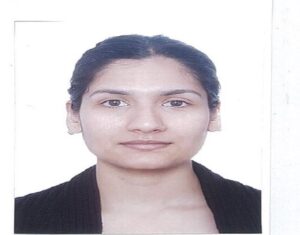Study in Germany
The Ultimate Guide for Indian & International Students
Discover everything you need to know about studying in Germany
from tuition-free universities and program eligibility to student visas, scholarships, work rights, and permanent residency (PR) opportunities.


Why Study in Germany?
Germany is one of the top choices for international education, offering tuition-free public universities, cutting-edge research facilities, and globally ranked degrees — especially in Engineering, IT, Management, and Healthcare. With over 400 universities and more than 1,500 English-taught programs, Germany is ideal for students seeking affordability, quality, and long-term settlement.
Key Benefits:
- Free or low-cost education at top public universities
- Strong job market in STEM, healthcare, and IT
- Up to 18-month post-study job search visa
- PR eligibility in 2–5 years after study
- Exposure to EU job opportunities
Public vs Private Universities in Germany
Public Universities:
- Funded by government
- No tuition fees (only semester contribution: €150–€350)
- Global reputation in Engineering, Tech, Science
- Taught mostly in German (UG), with English options at PG level
- Highly competitive admission
Top Public Universities:
- Technical University of Munich (TUM)
- RWTH Aachen
- LMU Munich
- University of Heidelberg
Private Universities:
- English-taught Bachelor’s & Master’s programs
- Flexible intakes (Feb, July, Oct)
- Higher acceptance rate, smaller class sizes
- Tuition: €6,000–€20,000/year
Popular Private Institutions:
- IU International University
- EBS University
- GISMA Business School
Public vs Private Universities Comparison
| Factor | Public University | Private University |
|---|---|---|
| Tuition Fees | €0 – €500/semester | €6,000 – €20,000/year |
| Instruction Language | Mostly German (UG), English (PG) | Mostly English |
| Intakes | Once a year (Oct) | Multiple yearly intakes |
| PR Recognition | Very high | High (if accredited) |

Courses & Programs in Germany
Germany offers courses at all levels — UG, PG, PhD, and VET (Vocational) — in fields like:
- Mechanical, Electrical, and Civil Engineering
- Data Science, Artificial Intelligence, Cybersecurity
- Business, Management, Finance
- Medicine, Nursing, Public Health
- Renewable Energy, Robotics, Environmental Science
Popular Program Formats:
| Program Type | Duration | Language |
|---|---|---|
| Bachelor’s | 3–4 years | German mostly |
| Master’s | 1.5–2 years | Many in English |
| PhD / Doctorate | 3–5 years | English or German |
| VET / Fachhochschule | 1–3 years | German |
✅ PG courses are widely available in English, while UG usually requires B1/B2 German proficiency or a Studienkolleg bridge year.
Entry Requirements for UG and PG

Undergraduate Requirements (UG):
- 10+2 with 70–85% marks
- Studienkolleg (if required based on board/university)
- German proficiency: B1/B2
- IELTS/PTE not mandatory for German-taught UG
Postgraduate Requirements (PG):
- 3/4-year recognized UG degree (60%+)
- IELTS 6.5 / TOEFL 90+
- No more than 5–7 years of gap
- APS Certificate (mandatory for Indian students as of Nov 2022)
Additional Documents:
- CV & Motivation Letter (SOP)
- Letters of Recommendation (LORs)
- Academic transcripts
- Passport copy
- Work experience (optional but adds value)
Germany Student Visa (National D Visa)
Visa Type: National Visa (Type D)
Issued for study programs longer than 90 days.
Eligibility Criteria:
- Valid university admission letter (public/private)
- Blocked Account with €11,208 (for 2024)
- Proof of health insurance (public or private)
- IELTS/PTE or German language proof
- APS Certificate (Indians only)
- Completed visa application + cover letter
Visa Fee: €75
Processing Time: 6–12 weeks (book VFS appointment early!)


Work While Studying in Germany
International students can work:
- 120 full days OR 240 half-days per year
- Up to 20 hours/week during semester
- Full-time during vacations
Popular Part-Time Jobs:
- Retail & café assistants
- Research assistants (HiWi)
- Tutoring & online gigs
- Internships (paid & unpaid)
Average Pay: €10–€17/hour
Tax-Free Limit: Up to €520/month (mini-job)
Cost of Studying & Living in Germany
Tuition Fees:
- Public universities: €0 – €500/semester
- Private universities: €6,000 – €20,000/year
Total Annual Estimate: €10,500 – €14,000
| Expense Category | Monthly Cost (€) |
|---|---|
| Accommodation (shared) | €300 – €600 |
| Food & Groceries | €200 – €300 |
| Transport | €50 – €100 |
| Health Insurance | €80 – €120 |
| Misc. Expenses | €100 – €200 |
Scholarships for International Students
- DAAD Scholarships (Full funding for Master’s)
- Deutschlandstipendium – Merit-based (€300/month)
- Konrad Adenauer Stiftung (KAS) – Political science, law, etc.
- University-specific awards: RWTH Aachen, TU Berlin, Frankfurt
Scholarship Tips:
- Apply 3–6 months before intake
- Focus on SOP, GPA, language scores
- DAAD Portal: https://www.daad.de/en/


Post-Study Work & PR Pathways
18-Month Job Seeker Visa
After graduation, you can apply for a residence permit to look for a job in your field.
Requirements:
- Completion of recognized degree
- Health insurance & proof of funds
- German/English proficiency
PR Pathway:
- Work in Germany for 2+ years
- Apply for EU Blue Card with job offer >€43,800/year
- Convert to PR after 33 months (or 21 months with B1 German)
✅ Studying in STEM fields + German language = Faster PR
Match programs to your profile


Estimate tuition + living costs
Testimonials & Success Stories
Our Client Have Trusted
Us for our work
We’re proud to have helped thousands achieve their dream of settling abroad. Our success stories, high approval rate, and transparent processes have built a solid community of happy clients
Contact With Us
Talk to India’s Trusted Immigration Experts
Need professional advice on your visa profile? Our experts are available to answer all your queries with zero consultation fees.









